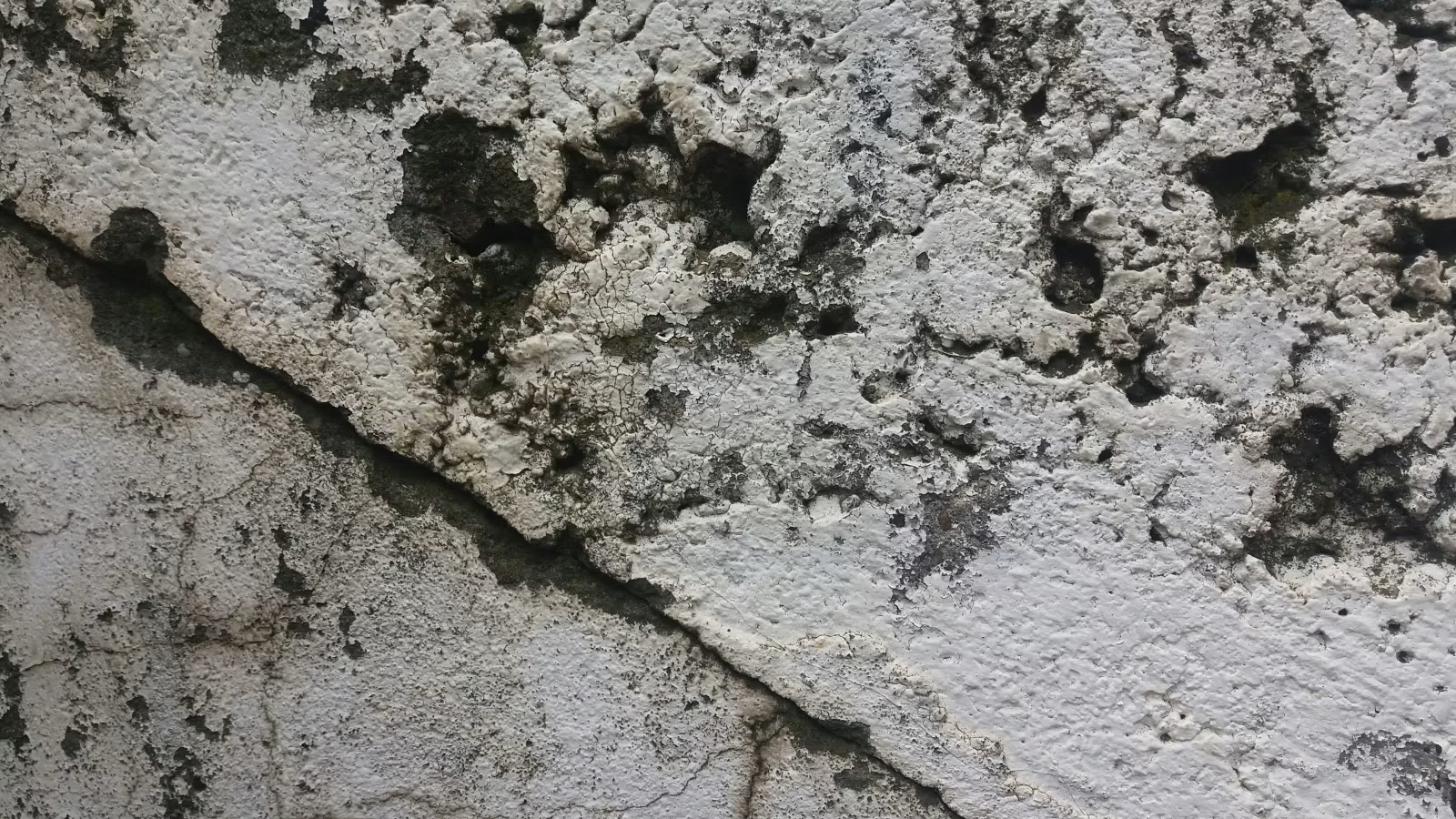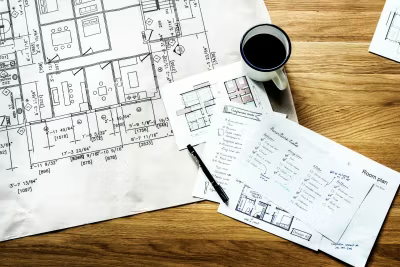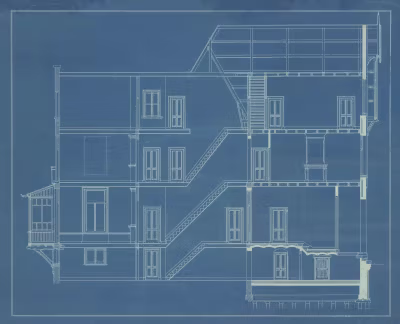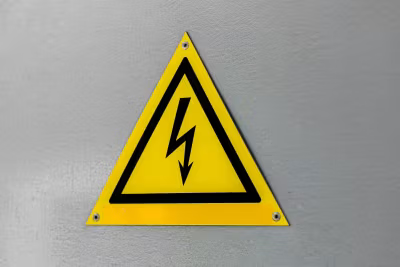Mold & Microbial Contamination

Mold is one of the most serious and distressing problems a homeowner can face. It thrives in damp, enclosed spaces—behind walls, under floors, and in basements or crawl spaces—often growing unnoticed until it has already caused damage and health issues. In many cases, mold growth is not a maintenance problem but the direct result of defective construction, improper waterproofing, or poor ventilation.
How Mold Problems Develop
Mold and microbial contamination begin with unwanted moisture. When a home is built without proper drainage, waterproofing, or ventilation, even small amounts of trapped moisture can create ideal conditions for mold spores to spread. Water intrusion from roof leaks, window leaks, or plumbing failures is the most common trigger, but condensation caused by poor HVAC design or missing vapor barriers can be just as damaging.
Once mold takes hold, it can colonize framing, insulation, drywall, and carpet padding. The contamination spreads through microscopic spores that travel easily through air ducts and interior air currents. Beyond the visible growth and odor, mold gradually breaks down building materials and can render areas of the home uninhabitable if left untreated.
Common Signs of Mold or Microbial Contamination
Musty or earthy odors, especially after rain or humidity
Visible black, green, or white growth on walls or ceilings
Persistent allergy or respiratory symptoms indoors
Condensation on windows or in corners of rooms
Discoloration or soft spots in drywall or flooring
Warping or bubbling of painted surfaces
While some signs are obvious, the most dangerous mold often grows behind finished surfaces where it cannot be seen.
Why These Problems Occur
In most cases, mold growth is the symptom—not the cause. It points to an underlying construction defect, such as:
Inadequate waterproofing or flashing around roofs, windows, and foundations
Plumbing leaks concealed behind walls or under floors
Improper grading and drainage directing water toward the foundation
Missing vapor barriers in basements or crawl spaces
Poorly designed or unbalanced HVAC systems that trap moisture
Building materials installed while wet during construction
Each of these issues reflects a failure to build in accordance with Colorado’s building codes and accepted industry standards.
Who Is Responsible
Under Colorado’s Construction Defect Action Reform Act (CDARA), builders, developers, and subcontractors are responsible for ensuring that homes are constructed to prevent moisture intrusion and resulting damage. When they fail to meet these obligations, homeowners may bring claims for property damage, health impacts, and remediation costs.
Liability may also extend to architects, engineers, or product manufacturers if design or material choices contributed to the problem. In many cases, mold contamination is also covered under homeowner insurance policies, though insurers frequently attempt to deny or minimize coverage.
How Hollington Law Firm Can Help
At Hollington Law Firm, we represent Colorado homeowners dealing with mold and microbial contamination caused by defective construction. We work with independent environmental and building envelope experts to identify the moisture source, document the extent of contamination, and determine who is responsible.
Our firm guides clients through the legal and technical process of remediation and recovery—whether that means filing claims under CDARA, pursuing bad-faith insurance claims, or coordinating with remediation contractors to ensure safe, lasting repairs.
Our goal is to restore both your home and your peace of mind by holding negligent builders accountable for the damage they caused.
Contact Us
If you have discovered mold or persistent moisture in your Colorado home, contact Hollington Law Firm to schedule a consultation. We’ll help you identify the source of the problem, understand your rights under Colorado law, and take action to ensure your home is safe, dry, and habitable again.
Have Questions About Your Case?
Schedule a free 15-minute screening call to discuss your construction defect or property damage claim with our experienced attorneys.



